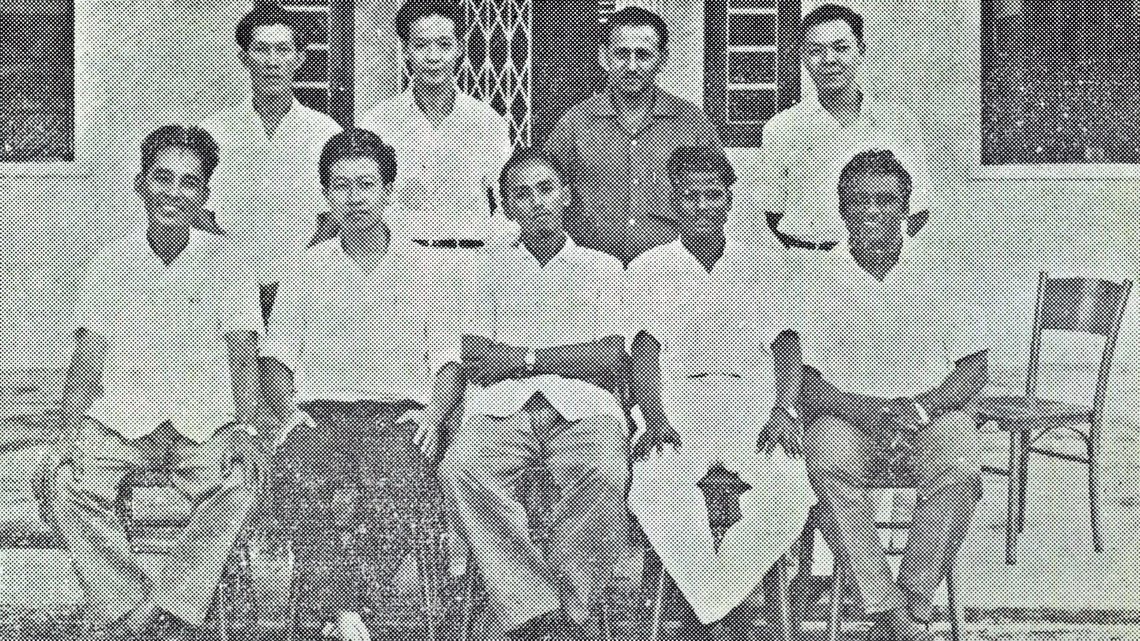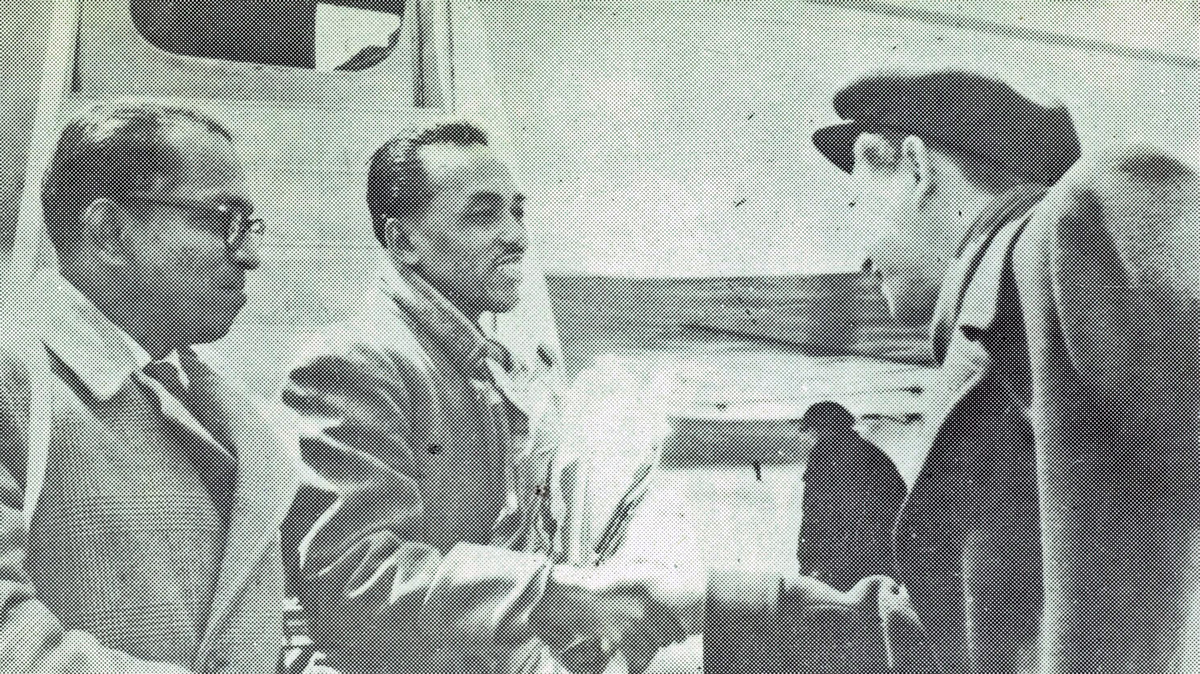The name Mahmud Awang is one that is synonymous with the Labour Movement. Much of the early success of the National Trades Union Congress (NTUC) can, in part, be attributed to this man and his passion for helping workers in Singapore improve their wages and working conditions. As a founding member of NTUC, his legacy of service to the working people is one that we continue to benefit from today.
He passed away peacefully on 4 January 2021, at the age of 93.
His Beginnings
Mahmud Awang was born on 19 August 1928 in Labis, a town in the Segamat District in northern Johor, Malaysia. His father, a respected police officer, was involved in the early politics of Malaya and was held in high regard due to his focus on the community and the people.
Despite his education being disrupted by the Japanese Occupation, Encik Mahmud would go on to get a job at a Naval Base in Malaya before moving on to become a coast guard with the Singapore Naval Base. He then returned to Malaya where he joined the Home Guard Department before finally settling back into Singapore and joining the Singapore Traction Company (STC) as a conductor and timekeeper.
After joining STC, Encik Mahmud became a member of its employees’ union and went from being an ordinary member to assistant secretary to eventually being elected the union president. Even though he had only been in the Singapore Traction Company’s Employees Union for a short while, before being elected assistant secretary, his capabilities as a leader were clear from the start.

His Leadership
In his youth, he often found himself taking the lead in resolving and addressing issues on behalf of his colleagues and community. His dislike for improper conduct or practices meant that he was always ready to help resolve any issues that cropped up in his workplace if it meant improving the lives of the people that worked with him. He would often take the feedback from his colleagues and employers in an attempt to find a satisfactory middle ground between both parties.
It was this proactive nature, passion for worker welfare and keen sense of justice that gave union members the confidence that he would be a strong voice for workers of the STC.
As their union leader, it was his job to look out for the best interests of the workers and act as a middleman between workers and management. Matters were usually handled constitutionally with both sides coming to satisfactory resolutions. However, if the two parties were deadlocked on something, the union would then organise a strike as it would be the next best way of having their demands met.
Strikes were not a regular occurrence at the STC. If one did happen, it was usually over salaries and bonuses for workers. Encik Mahmud did oversee the organising of a major strike in the 1950s over worker salaries. Along with his role as the then assistant secretary, he was also appointed the organising secretary for the strike and was tasked with handling the entire operation.
His Commitment
Encik Mahmud's work as a union leader came at great personal cost as he had to sacrifice time with his family to put the welfare of the workers he was serving first. During the strike he was only able to make it home long enough to make sure that the needs of his loved ones were cared for.
The strike officially came to an end after four months when an agreement was reached between both parties through the courts. The union was represented by their legal advisor, the late Lee Kuan Yew.
Encik Mahmud’s work impressed many in the union and he was elected the president of the union in 1958. Following this appointment, he was also elected the president of the Singapore Trades Union Congress (STUC) in 1960 and held both roles concurrently.
The next year saw the STUC split into two with the creation of NTUC, founded by Encik Mahmud and the late Devan Nair, and the communist-backed Singapore Association of Trade Unions (SATU). Encik Mahmud was appointed caretaker president and the first chairman of NTUC that year.
At its formation, NTUC only had a handful of unions aligned with it as most other unions chose to align with SATU. Undeterred, Encik Mahmud and NTUC chose to employ a more pragmatic approach to union issues by bringing cases to the newly established Industrial Arbitration Court. SATU, in the meantime, continued to organise strikes and protests. NTUC’s approach proved successful and caused workers aligned with SATU to switch sides as they saw how continued striking did not improve their working conditions and even threatened their livelihoods.
With the eventual dissolution of SATU in 1963, the remaining unions previously aligned with SATU became a part of NTUC, making it the largest representative of organised workers in Singapore.
His Legacy
Encik Mahmud then went on to become a People's Action Party Member of Legislative Assembly and later Member of Parliament for Kampong Kapor from 1963 to 1968. He then moved onto other endeavours in the private sector and government service. He would continue to remain a keen unionist by showing his support for his former colleagues.
Encik Mahmud legacy lives on at NTUC as the organisation continues representing the working people and ensuring their employability and welfare.


